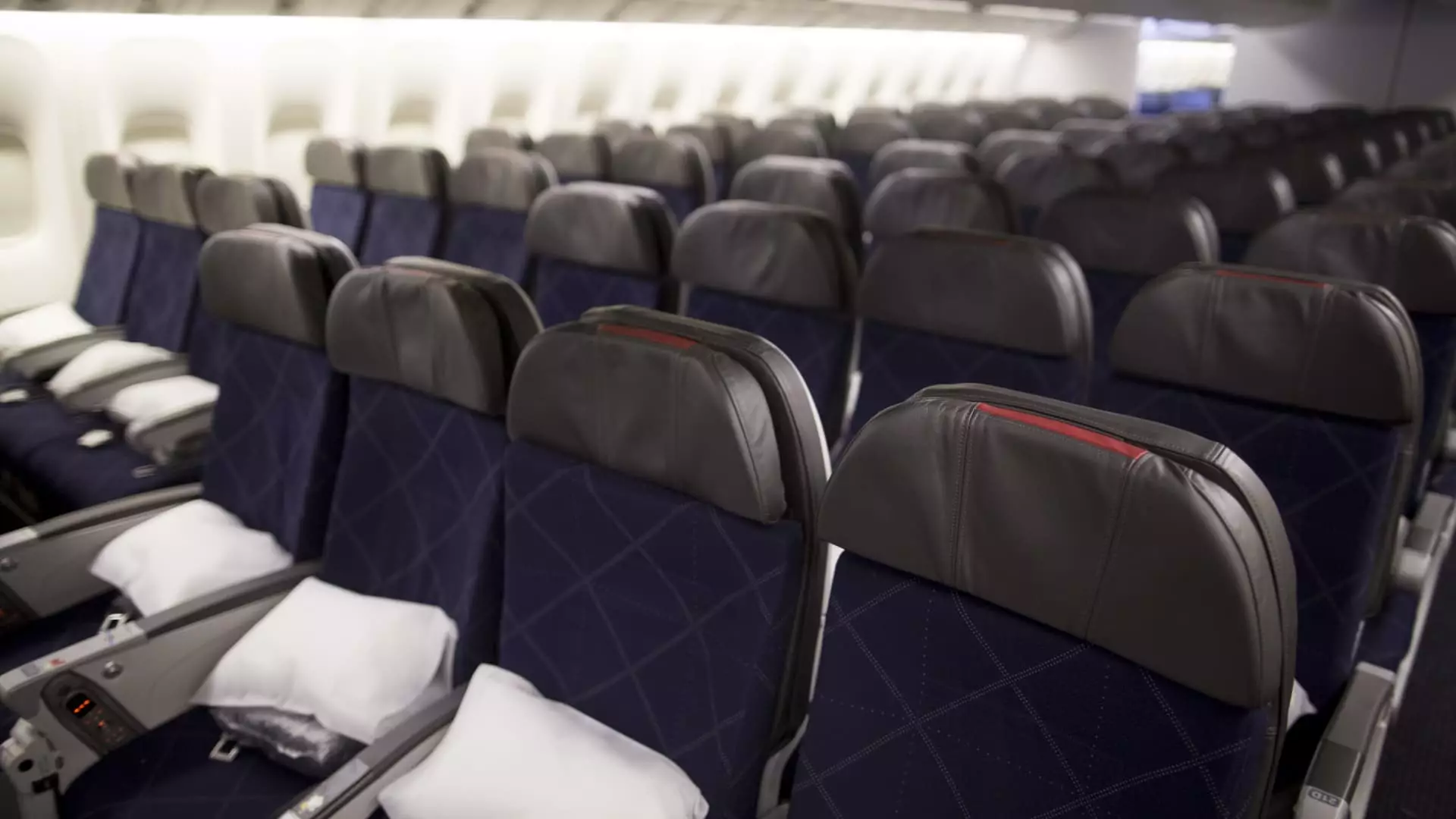The corporate world of U.S. airlines stands at a crossroads as executives are prepared to present their defense regarding the controversial seating fees before a Senate panel. This move comes after the Senate Permanent Subcommittee on Investigations highlighted significant revenue generated from what they term “junk” fees, collectively amounting to an astonishing $12.4 billion between 2018 and 2023. These charges, which airlines have introduced for select seating, such as areas with additional legroom or premium location seats, raise questions about transparency and consumer value.
Airline executives have repeatedly defended their pricing strategies, asserting that the fees for select seating are voluntary and rooted in customer choice. Stephen Johnson, the Chief Strategy Officer at American Airlines, suggests that these offerings provide an opportunity for travelers to enhance their flying experience by selecting more desirable seating arrangements. This justification introduces a broader debate about the ethics of “optional” fees and whether airlines genuinely prioritize customer experience over profit maximization.
Interestingly, these comments come amid increasing pressure from the Biden administration and certain lawmakers who are on a mission to mitigate what they define as excessive “junk” fees within the industry. The push to reconsider these practices indicates a growing dissatisfaction with how airlines have shifted costs onto consumers in a way that may not be immediately apparent when purchasing tickets.
The introduction of fee-based models had been pioneered by budget airlines like Spirit and Frontier, compelling larger airlines to reassess their own pricing structures. The result has been the proliferation of “basic economy” fare class options, which strip away many benefits traditionally included in air travel, compelling consumers to pay extra to regain those amenities. However, this practice can potentially alienate customers who perceive that traditional standards of service have been eroded in favor of maximizing corporate profits.
As airlines increasingly jockey for financial gains, the recent Chapter 11 bankruptcy filed by Spirit illustrates the volatility of the industry. The confluence of increased competition and a demand for higher quality experiences has driven executives to innovate, yet it has also risked destabilizing entire companies as seen with Spirit’s struggles.
As the Senate hearing looms, it is evident that the future of airline pricing and customer experience hangs in the balance. Airline executives may indeed communicate that they provide clear information about their fee structures; however, the broader implications regarding customer trust and loyalty cannot be overlooked. Passengers are becoming increasingly discerning; they expect transparency and fairness, rather than feeling coerced into additional charges for services that were once part of standard ticketing.
The discussion surrounding airline fees touches upon more than just profit margins. It challenges the foundational relationship between airlines and consumers, urging a reevaluation of business models that may sacrifice customer satisfaction in pursuit of financial gains. As the hearing progresses, it will be crucial to observe how executives respond to these criticisms and whether a shift in industry practices may emerge in response to public scrutiny and legislative pressure.


Leave a Reply